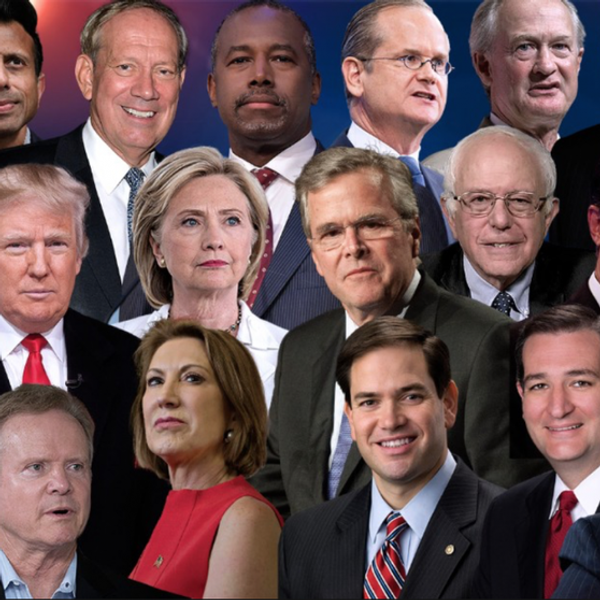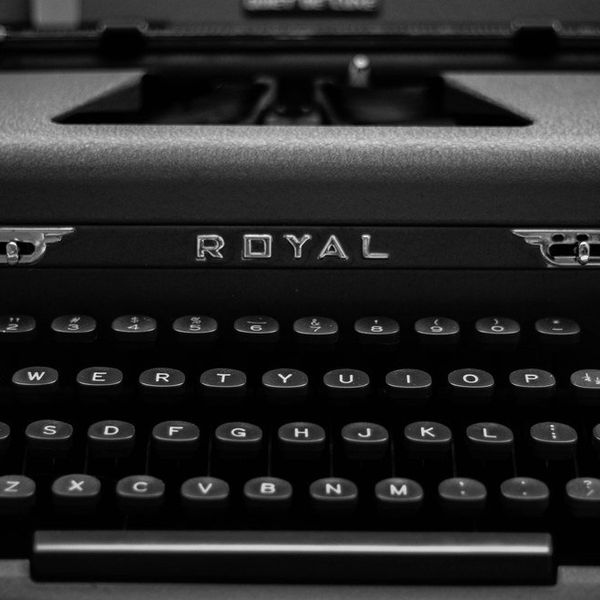In 1919, the Weimar Republic emerged as a parliamentary democracy with a proportional representative system, marking the first time the Germans experienced a democracy model of their own. However, it lasted for only 14 years, until Adolf Hitler became the Chancellor in 1933. Even though there had been rapid industrialization during this period, it did not guarantee the blossom of democracy due to both external and internal factors. This fact suggests that economic modernization may contribute to but not ensure democratization, in contrast to the modernization thesis claiming that these two must go together.
During this era, the Weimar Republic faced numerous political and economic crises resulting from external upheavals. Defeated from World War I, it suffered from not only catastrophic damages but also severe punishments from the victors: loss of all colonies, forced demilitarization, and heavy reparation payments. The loans that financed the War, the Great Depression, and the compensation money all drained the already weak economy extremely, plunging millions of people into poverty and eroding public confidence in the government who failed to address these crises effectively. As a result, the middle class, who were most affected by the economic downturn and hyperinflation, blamed the regime and their supporters (democrats, socialists, and liberals) for “betraying” the nation. People looking for radical reforms moved their support from the Socialists, Liberals, and Center party to more far-right parties, most notably the Nazi, which culminated in the rise of Adolf Hitler.
The Weimar Republic itself also had weaknesses that foreshadowed its fall. Its divided government severely lacked consensus and public support. The pure proportional representation with no threshold resulted in 28 parties in just 14 years, with major coalition powers opposing and rarely compromising with one another. Many administrative officers even wanted to get rid of the democracy system, not only because of its inefficiency, but also because these politicians were from the old regime and did not advocate the new model. Multiple public service, diplomatic, and military positions were in the hands of the old Prussian rural elites who blatantly favored people from right-wing parties over leftists. Furthermore, the public, under the influence of many nationalists opposing the government, believed that the regime was to blame for the defeat of World War I and only radical changes could help them out of these incessant crises. Later on, the government resorted to use Article 48 more and more to protect their power by presidential decree, thereby enacting unpopular policies.
The loss in democratic features, along with a fragmented political culture and a society of unrests, violence, and racism, ultimately marked the end of a democracy that lasted for only 14 years. Even though the Weimar Republic had achieved remarkable industrialization (mostly in the military) and economic modernization, it lacked crucial factors that could have sustained a long reign of democracy.





















